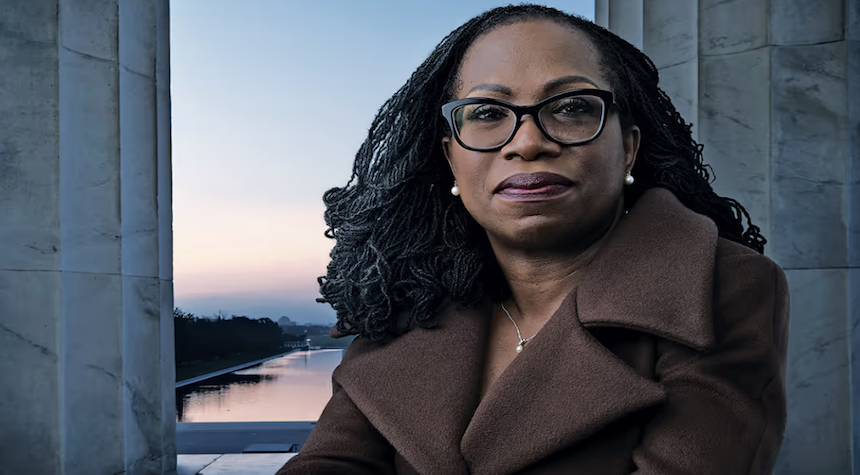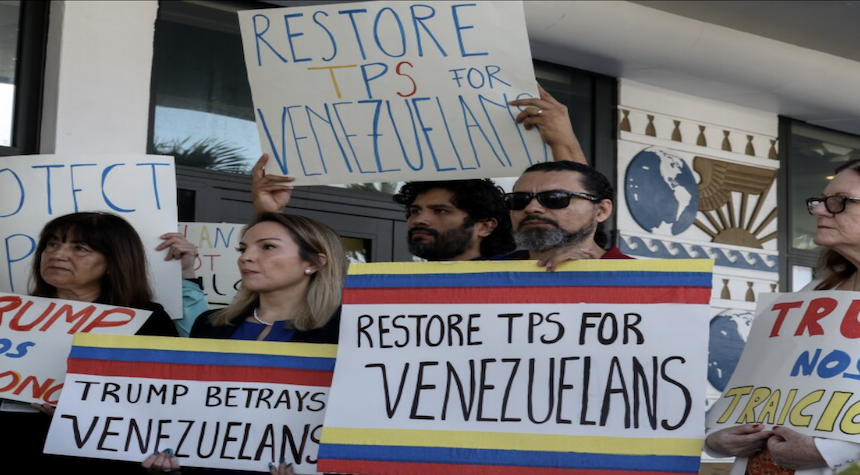The Supreme Court just delivered a decisive victory for the rule of law by allowing the Trump administration to end Temporary Protected Status (TPS) for over 300,000 Venezuelan migrants.
Let’s say, hypothetically, that a lower court judge decides to completely disregard Supreme Court precedent and impose their own ideological preferences. That’s precisely what U.S. District Judge Edward Chen did when he tried to block the Department of Homeland Security from exercising its lawful authority to terminate TPS designations.
The Supreme Court has now twice affirmed the administration’s authority to end these temporary protections. Twice. The keyword here is “temporary” – something the Left conveniently forgets when pushing their open borders agenda.
Let’s break this down logically. If TPS is, by definition, temporary, then:
1. The executive branch must have the authority to end it
2. Previous court decisions upholding this authority must be binding
3. Lower courts cannot simply ignore Supreme Court precedent because they disagree politically
The Left’s reaction has been entirely predictable. Justice Ketanji Brown Jackson, in her dissenting opinion, emotionally claimed the Court is using its “equitable power” to “disrupt as many lives as possible.” This is, quite frankly, a fundamental misunderstanding of the Court’s role. The judiciary exists to interpret law, not create immigration policy based on feelings.

Solicitor General D. John Sauer correctly argued that DHS Secretary Kristi Noem’s decision to revoke Venezuela’s TPS designation cannot be subject to judicial review when it serves the national interest. This is basic separation of powers, people.
The facts are crystal clear:
– The Supreme Court froze the lower court’s September ruling
– Justices Kagan and Sotomayor dissented
– The administration can now proceed with ending TPS protections
– This affects approximately 300,000 Venezuelan migrants
Judge Chen’s argument that conditions in Venezuela remain dangerous is, frankly, irrelevant to the legal question at hand. The executive branch, not the judiciary, determines foreign policy and immigration matters. This is Constitutional Law 101.

The Left’s entire argument boils down to emotional appeals about humanitarian concerns. But here’s the thing – if we’re going to have a functioning legal system, we cannot simply ignore laws because we feel bad about their consequences. That’s not how this works. That’s not how any of this works.
The Supreme Court has now effectively said, twice, that the Trump administration’s actions are legally sound. This isn’t complicated. This isn’t controversial. This is simply the law being applied as written.
So let me be clear: if the Left wants to change immigration policy, they need to do it through Congress, not through activist judges who think they can override Supreme Court precedent with their personal political preferences.

